Think You Know Eating Disorders? Discover the Hidden Facts
Category: Eating Disorders
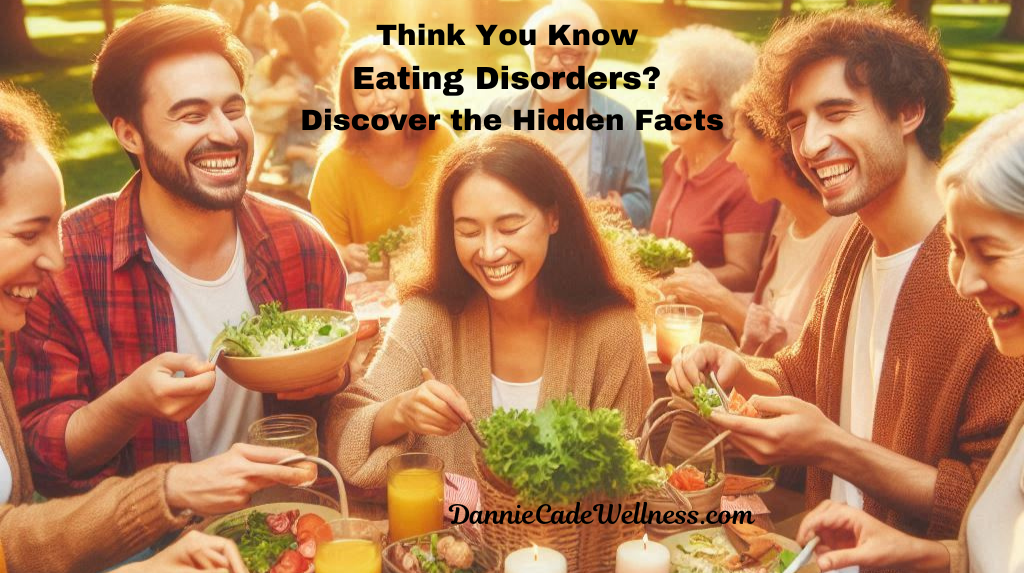
Eating disorders are serious illnesses that affect millions of people, but most of what we hear about them doesn’t tell the full story. National Eating Disorders Awareness Week is a great time to learn the truth—not just the surface-level stuff, but the important facts that people often don’t know or ignore.
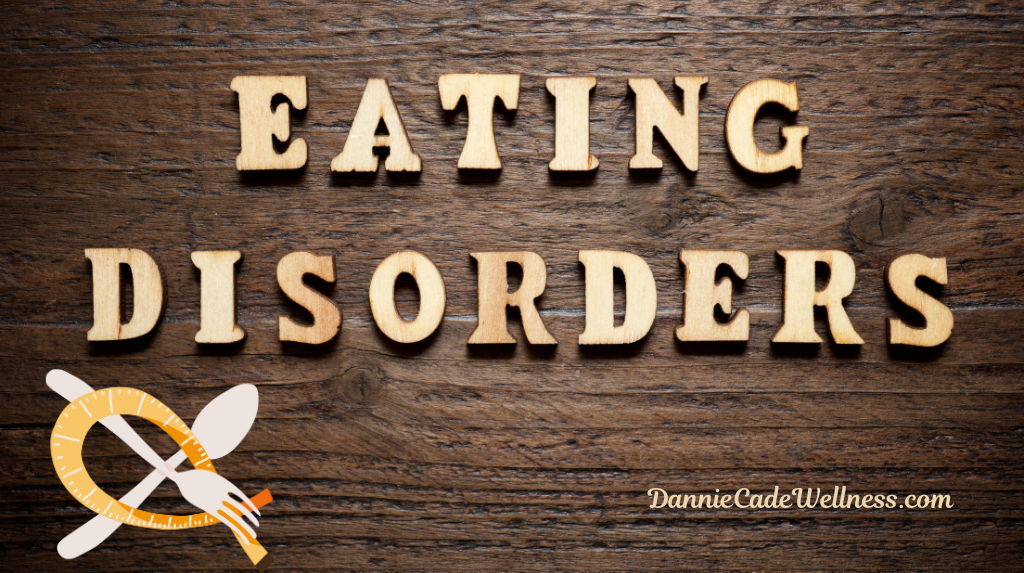
Let’s talk about some of the biggest misunderstandings about eating disorders and why they matter.
1. Eating Disorders Aren’t Just About Food or Wanting to Be Thin
Most people think eating disorders happen because someone wants to lose weight or look a certain way. That can be part of it, but the real reason is often much deeper.

For many people, an eating disorder is a way to cope with emotions like stress, fear, or sadness. It can come from feeling out of control, going through trauma, or needing a way to deal with tough feelings.
Some people don’t even care about their weight, they just feel like they have to follow strict food rules to feel okay, a form of control.
2. You Don’t Have to Be Underweight to Have a Dangerous Eating Disorder
One of the biggest myths is that you can tell if someone has an eating disorder just by looking at them. That’s not true, that’s like saying you can tell who’s judgemental just by looking at them.
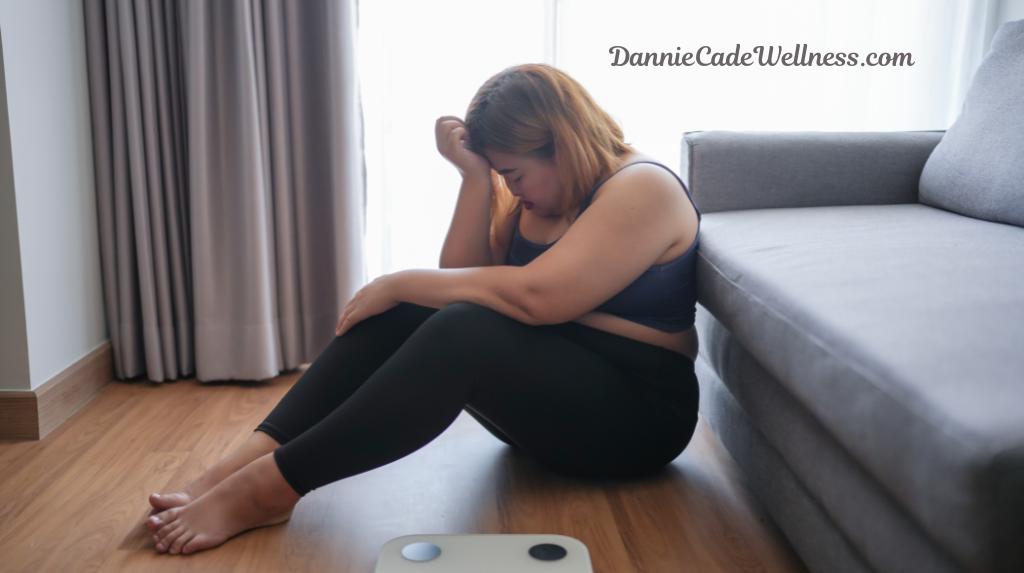
Many people with eating disorders are a “normal” weight or even in larger bodies. There’s something called atypical anorexia, where a person has all the same dangerous symptoms of anorexia, but their weight doesn’t drop as low.
Doctors often miss this because they assume someone looks “healthy” when they’re actually very sick.

The most common eating disorder, binge eating disorder (BED), is often ignored because people assume those who struggle with it “just need to eat less,” but BED is a real and serious illness that needs proper help and treatment.
3. Even Doctors Can Miss Eating Disorders—Or Make Them Worse
Doctors are here to help people, but many don’t get enough training about eating disorders. Sometimes, they accidentally make things worse by:
- Praising weight loss without asking if it was done in a healthy way.
- Telling patients to diet when they already have an unhealthy relationship with food.
- Assuming only underweight people have eating disorders.
People in larger bodies often struggle to get help because they’re told to lose weight instead of being treated for an eating disorder, which makes recovery even harder.
4. Men Struggle With Eating Disorders Too
Most people think eating disorders only happen to women, but 1 in 3 people with an eating disorder is a man.
The real number is probably even higher because many men don’t talk about their struggles.
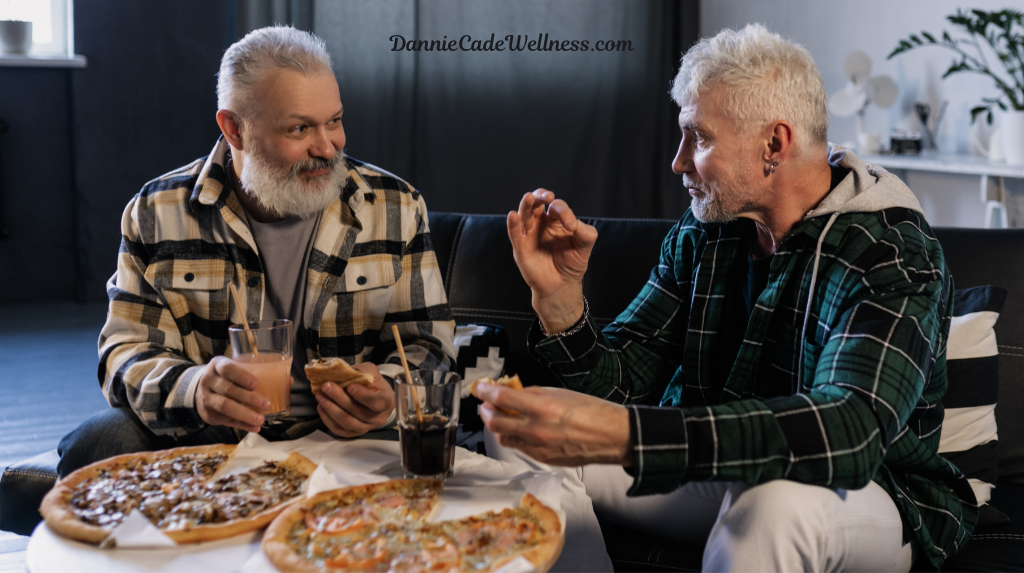
Men’s eating disorders often focus on muscle instead of thinness. Some develop muscle dysmorphia, where they feel like they have to be as strong and muscular as possible.
Many also over-exercise or follow extreme diets to look a certain way.

Because eating disorders are seen as a “women’s issue,” men often suffer in silence and don’t get the help they need.
5. Eating Disorders Are the Deadliest Mental Illness
Eating disorders don’t just make people feel bad, they can be downright deadly. In fact, eating disorders have the highest death rate of any mental illness.
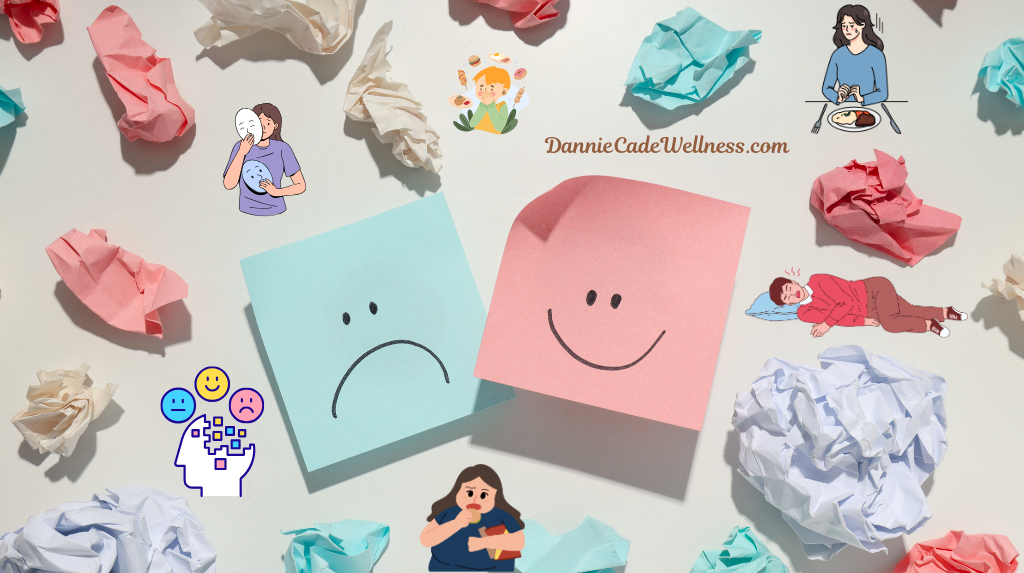
Why are they so dangerous?
- Organ failure: When someone eats too little, their body can shut down. The heart, kidneys, and digestive system can stop working properly.
- Suicide: Many people with eating disorders struggle with depression and feel hopeless, leading to a higher risk of suicide.
- Late diagnosis: Most people don’t get help until the disorder has already caused serious damage.
Getting help early saves lives, which is why awareness is so important.
6. Diet Culture Encourages Disordered Eating
Our world is filled with messages about food and weight that actually promote unhealthy habits. Have you ever heard someone say things like:
- “I’m skipping lunch so I can eat more at dinner.”
- “That’s a bad food—you shouldn’t eat it.”
- “You need to work out to burn off what you ate.”
These kinds of ideas are everywhere, and they can make eating disorders worse. Many people follow extreme diets that are actually just socially accepted disordered eating.
7. Recovery Isn’t Just About Eating More—It’s About Retraining the Brain
Some people think you can “fix” an eating disorder just by eating more food, but it’s not that simple.
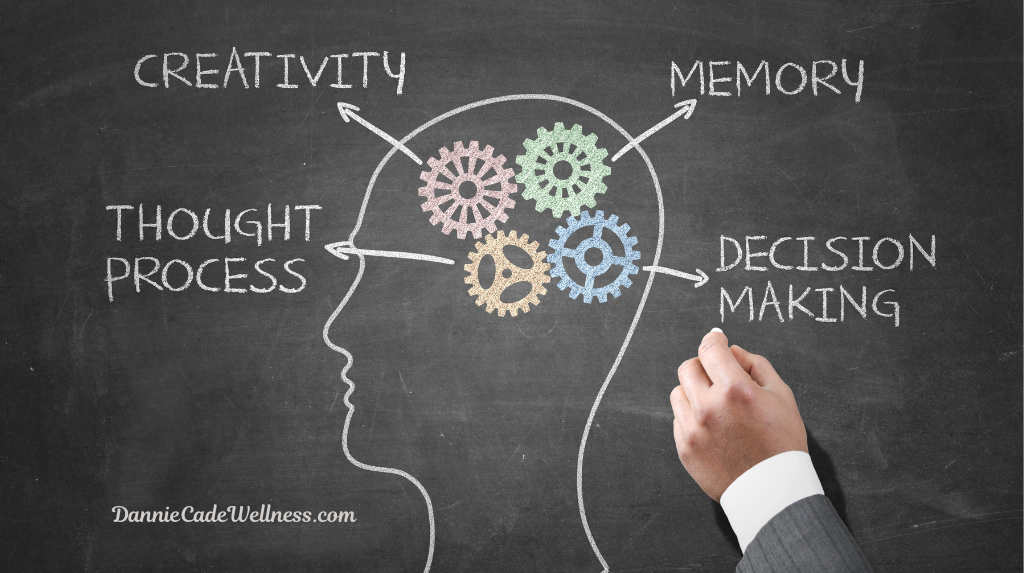
When someone has an eating disorder, their brain actually changes. Their body stops sending normal hunger signals, and their thoughts about food become obsessive.

That’s why recovery takes time. It’s not just about eating, it’s about relearning how to trust your body, handle emotions in a healthy way, and breaking free from harmful thought patterns.
8. Recovery Takes Time—And Often More Than One Try
Many people think that once someone goes through treatment, they should be “better” but the truth is, eating disorder recovery is a long process, and relapse is very common.
- Up to 50% of people with anorexia relapse after treatment.
- Many programs are too short to help with the deep emotional causes of the disorder.
- Insurance often stops covering treatment too soon, forcing people to quit before they’re ready.
This doesn’t mean recovery isn’t possible—it just means it takes patience, support, and ongoing care.
Final Thoughts
National Eating Disorders Awareness Week is about more than just knowing eating disorders exist, it’s about understanding the real, unspoken truths about them.
- Eating disorders aren’t just about food or weight.
- They affect people of all sizes, genders, and backgrounds.
- Diet culture and healthcare biases can make them worse.
- Recovery is possible, but it takes time and real support.
The best way to help? Speak up, challenge harmful diet culture, and make sure everyone—no matter their size or background—gets the support they need.
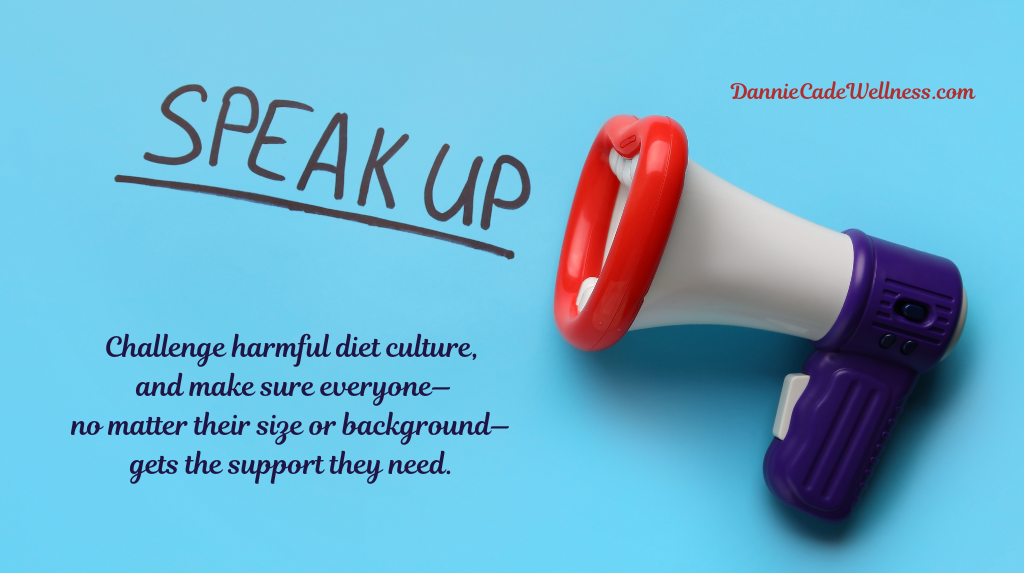
If you or someone you know is struggling, don’t wait. Reach out for help. Recovery is hard, but no one should have to do it alone.
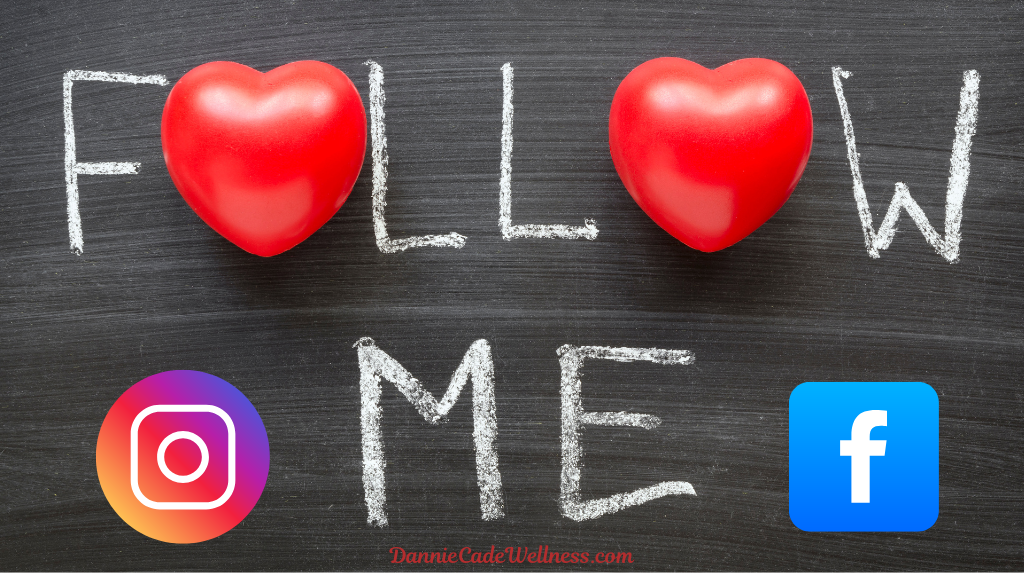
Follow me on Instagram or facebook for more tips and tricks with eating challenges. For medical reasons, I’ve been here too and I’d love to help where I can.
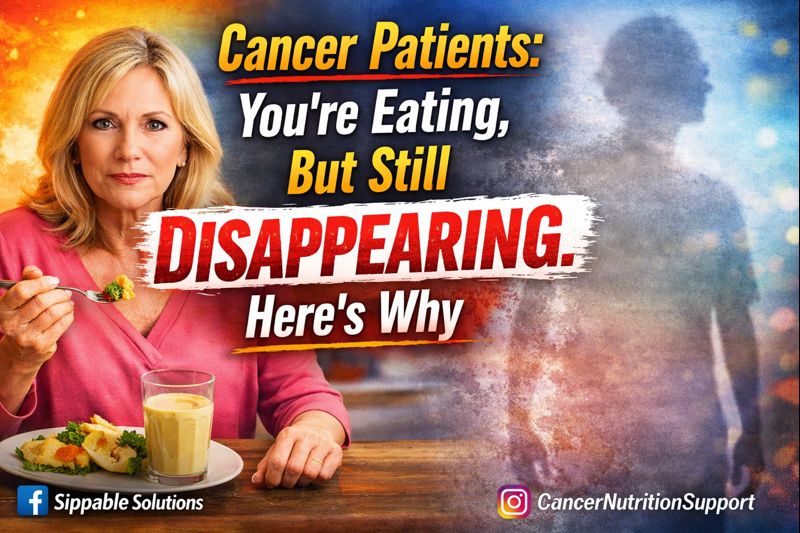
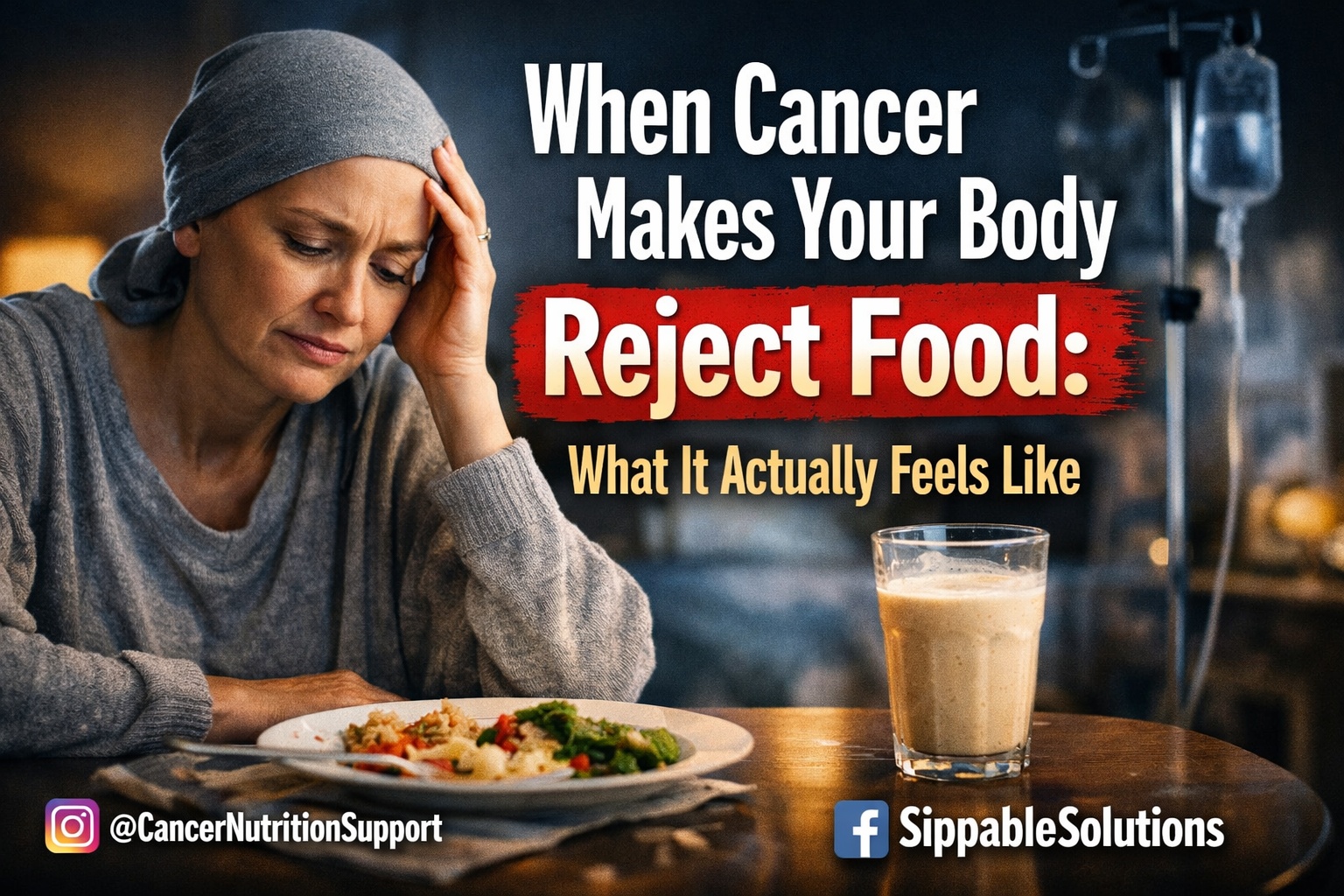
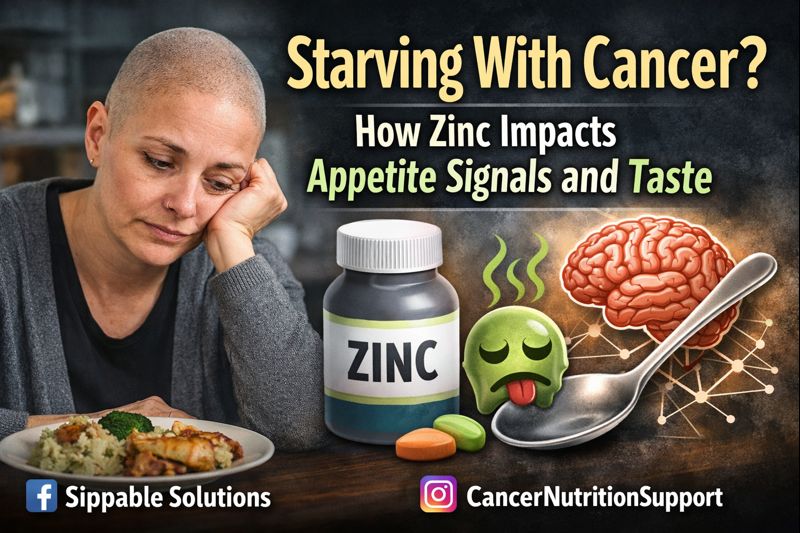
Facebook Comments